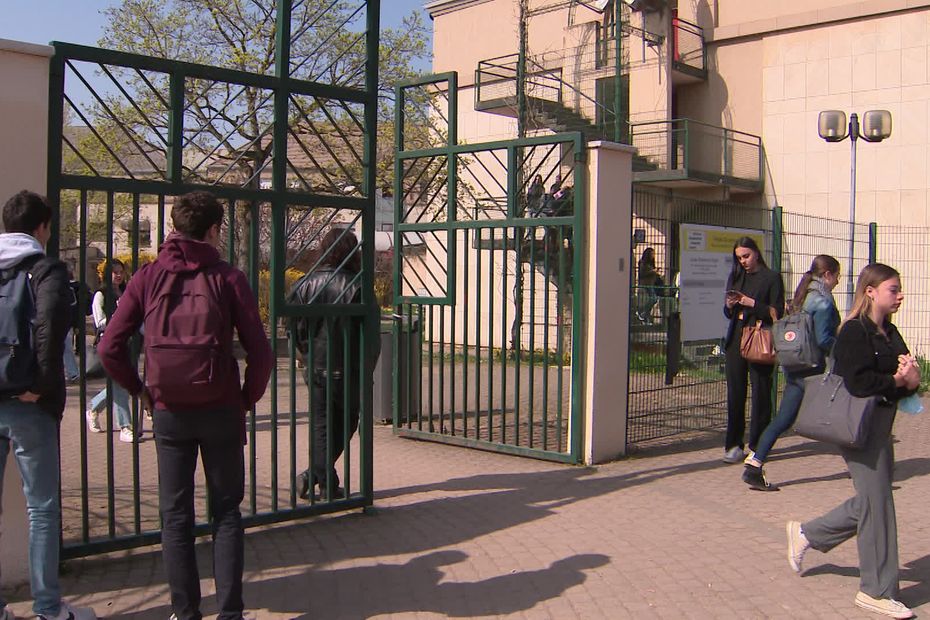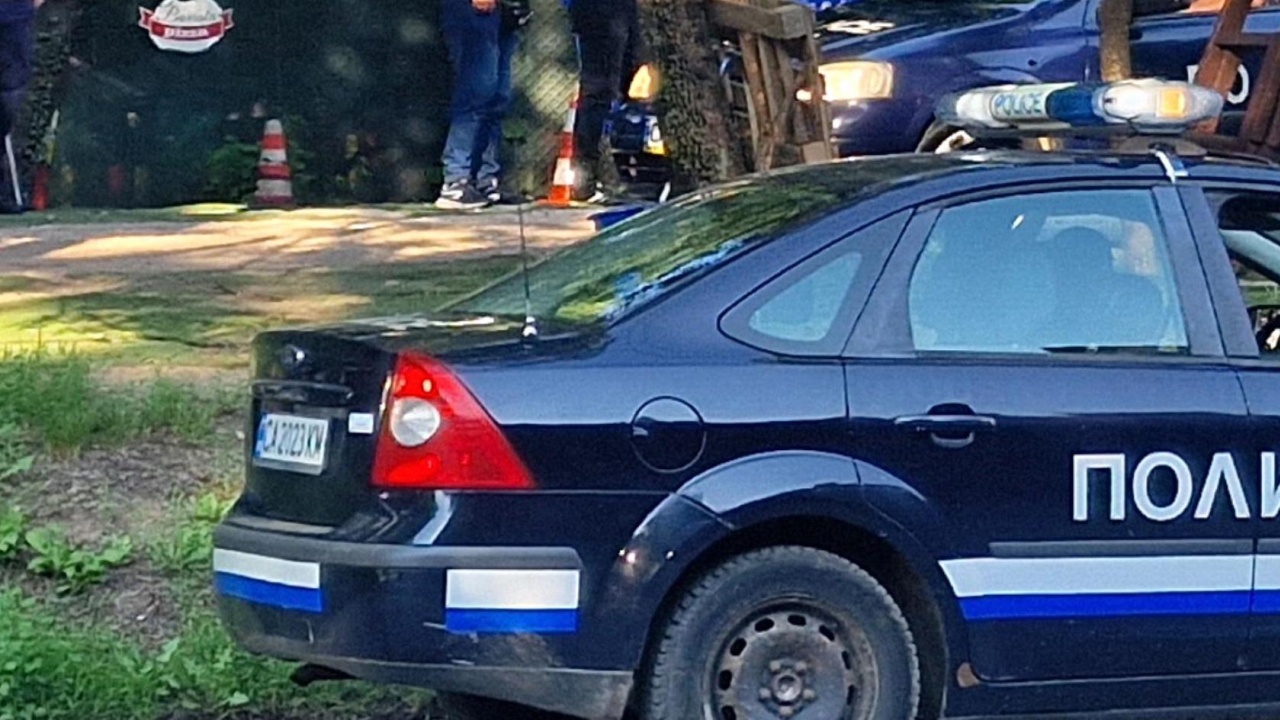The grand oral is the flagship test of the new baccalaureate. From Monday, June 20 to Friday, July 1, hundreds of young people will pass before a jury for a 20-minute oral. In three Dijon establishments, high school students give their feelings.
Top start for the baccalaureate oral test. From this Monday, June 20 and until Friday, July 1, thousands of high school students will have to answer, in detail, a question that they have prepared throughout the year (for the most diligent!). This is the flagship test of the new baccalaureate.
And as often, not everyone is happy with the jury. “On the two jurors there are some who were really mean, I think!“reacts a high school student who has just passed her oral.
In front of the establishments, as in the Carnot, Charles-de-Gaulle and Simone-Veil high schools in Dijon, we encounter all kinds of attitudes. Some are preparing for their orals and are very focused. Others do not pass the test for several days but are still in the establishments to train for the big day. Still others have already taken the plunge and are finally released.
This is the case of Olessia, an 18-year-old high school student. “Now that I passed the big oral it’s better, I’m finished so I’m on vacation‘ she said with a wide smile.
–
Students have the choice between two questions prepared beforehand during their school year. They have 20 minutes to develop an answer. For Olessia it was: how women have changed electronic music and what have they brought to this male environment? The high school student provides a synthetic answer “they brought a lot of things, they brought a new look to music“. Most of the time, the oral questions are related to the orientation of the candidates. Olessia is moving towards computer-assisted music composition and with her instrument, the cello.
Noémie*, she presented a question that is not at all related to her orientation. The 18-year-old candidate wants to study violin making. His question was: what role can literature play in girls’ education? She doesn’t seem to worry too much about her oral. “I wasn’t too stressed. The jury sometimes asked me tough questions but they were very understanding. Anyway it’s done we’ll see” she confides.
Ditto for Tom*, an 18-year-old high school student for whom the oral was “pretty well“He’s not worried about the results.”With the new baccalaureate we already know if we are received or not, many of us know that even if we completely screw up on the oral there is no problem for our baccalaureate”. Tom is so relaxed that he doesn’t even know the coefficient of the test he has just passed.
In the general series, the oral is marked with a coefficient of 10, this is the most important after the specialty tests (16). For the technological series, the test is marked with a coefficient of 14. For Tom, it will therefore be coefficient 10. He presented the question: is it still possible to talk about anonymity on the internet? The candidate is moving towards cybersecurity studies.
Iléna meanwhile no longer wants to hear about oral, “once not twice!” he reacts. “I passed on how can abortion create social exclusion and my second question was a little similar to avoid surprises”.
–
On the other hand, the high school student does not want to continue in studies related to health. “I didn’t really enjoy the classes I had this year (health and social sciences and technologies) I’m more passionate about music so I’m going to musicology college“. He still prepared a lot for the oral. “I had good pressure, I studied a lot with my friends and relatives. I was doing my oral in front of people I met to train in front of people I didn’t know” he indicates.
After a 20-minute preparation time, the candidates have a 20-minute presentation to present. It takes place in 3 stages. First 5 minutes to present the answer to a question he has been preparing throughout the year. Then 10 minutes to go deeper into the answer. Finally during the last 5 minutes, the high school student describes his orientation project and discusses it with the jury.
Other sample questions:
– Can we live well today being diabetic?
– Can we estimate the number of individuals in a population?
– How can literature and the arts show the intensity of violence?
– Can you live with Alzheimer’s?
*some first names have been changed.
–



